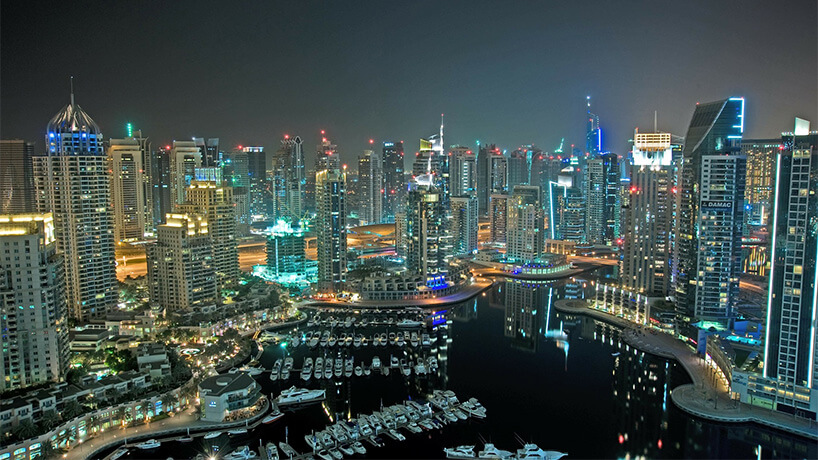This Just In
Leisure and business tourism seen as new pipelines to riches as oil prices skid.
Nations in the Middle East — faced with continued volatility in the oil market — have had to recalibrate their economies. That’s put the focus on industries including business and leisure tourism, now considered vitally important economic components.
Major economies are launching wide-ranging economic strategies, such as Dubai’s Tourism Vision 2020, the Abu Dhabi Economic Vision 2030, and Saudi Vision 2030. Though smaller, Jordan and Oman are implementing similar efforts. The goal is to develop each nation’s economy across industries that include technology, health care, tourism, education, and finance.
The results are already showing. In the nearly four years since the opening of the Abu Dhabi Convention Bureau, the United Arab Emirates [UAE] capital has established itself as a leading business events destination. The Airports Council International’s Airport Industry Connectivity Report 2017 reported that the city had become the world’s fastest growing hub. Between 2007 and 2017, connectivity growth was 1,479 percent. And it’s not just Abu Dhabi. Of the world’s top 20 fast growing hubs, three were from the Middle East, with Doha and Dubai joining the UAE capital.
Saudi Arabia is said to be planning to become a powerhouse in meetings and events. In 2017, the MICE industry grew a reported 16 percent, with more than 10,000 business events attracting about 4.5 million visitors. Riyadh, the Saudi capital, represents about 15 percent of tourism in the kingdom and almost half of all business events take place there.
More technologically advanced event facilities are being built in Saudi Arabia and investments are being made in road, rail, and air infrastructure. Privatisation of the aviation sector is making event logistics easier for planners too. Additionally, more than 50 new four- and five-star hotels are expected to open in the kingdom during the next four years.
Dubai is making its mark (and investments) in business events in the ostentatious style the city is known for. The Dubai Arena, a 17,000-seat cutting-edge venue spanning 47,000 square metres, is expected to open early in 2019. This state-of-the-art space will make the most of the latest developments in venue design and features automated seats, which allow it to transform depending on the size of an event.
The new venue will be at the heart of Dubai’s latest urban lifestyle destination, surrounded by a broad mix of hospitality, F&B, entertainment, and shopping opportunities.
Dubai has also been chosen to host the next World Expo, with preparations for this enormous event from October 2020 to April 2021 already in the advanced stages. Expo 2020 Dubai is seen as the region’s big chance to host a landmark event that leaves a lasting impact.
Expectations for the leisure and business tourism sectors while the event is running are enormous. During the six months that Expo 2020 Dubai is open, up to 25 million visitors are expected to attend, with 70 percent coming from outside the UAE. The Expo site, which will cover a total of 438 hectares, is located in the Dubai South district, near Al Maktoum International Airport, and will continue to be a visitor and business events location after the World Expo closes.
As a business events destination, the Middle East has its own characteristics, requirements, and dynamics. It also has its own political and economic alliance: the Gulf Cooperation Council. Members are Bahrain, Kuwait, Oman, Qatar, Saudi Arabia, and the UAE.
With their oil-rich histories, the countries of the Middle East region have the money to invest, and there is no sign of their interest in tourism abating. According to The Middle East Hotel Construction Overview by TopHotelProjects, the Middle East has more hotel rooms in the pipeline than Europe; it is currently creating 238,963 new rooms, with the majority opening in the next five years. The two most active countries, UAE and Saudi Arabia, are expected to add more than 175,000 of them. Dubai’s aim, meanwhile, is to lead the global hospitality industry in terms of innovation. It has opened the world’s tallest hotel — The Gevora Hotel — and developers in the city continue to push boundaries.
Now, the Middle East is burning a new fuel. The region has opened its eyes to the power of business events.

